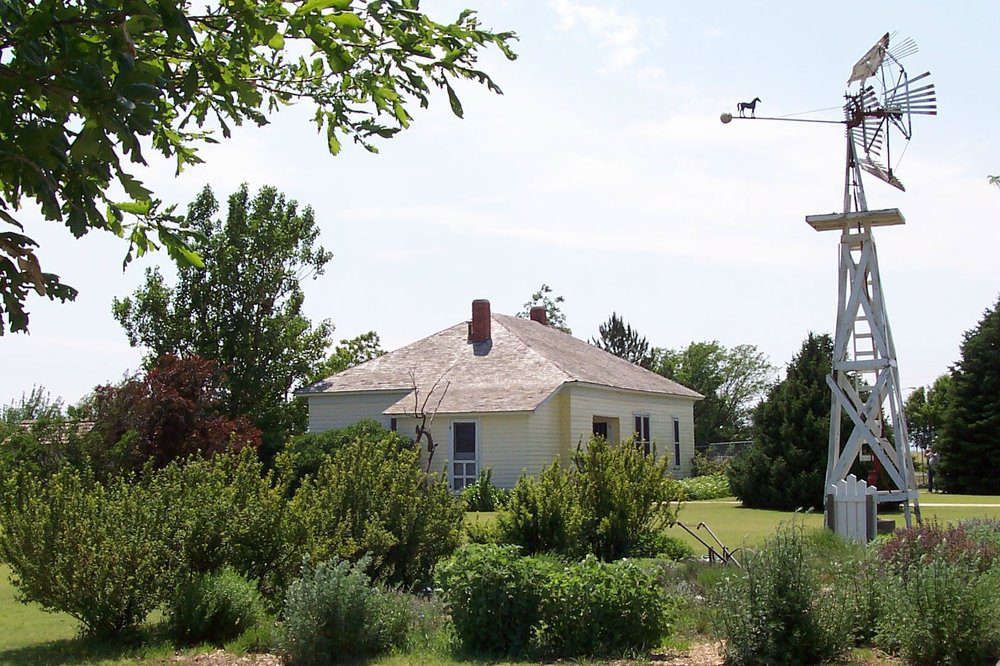I was eight the year the wheat turned to dust.
My father said it was the worst of the bad years, though I didn’t understand how the sky could be that blue and still hold so much sorrow. We lived on the flat edge of Kansas, where wind came without warning and nothing stayed put unless you nailed it down. That summer, the winds came like wolves, and the wolves took the crops, the roof, and nearly our spirits.
But not Mama’s apron.
It was yellow gingham with sunflowers stitched across the hem, and every morning, she tied it around her waist like it was armor. In that apron, Mama did things I didn’t know were possible. She stretched a single onion and three potatoes into soup for six. She mended every sock until the toes were threadbare again. And when things got real bad, she’d hang the apron in the front window so Papa could see it from the road.
It meant “I’m still here. Come home.”
Papa had taken to walking to neighboring farms trying to find day work—anything for a few coins or a few eggs. We didn’t have a telephone. We had the apron. When we saw it fluttering in the window, we knew Mama was holding the line.
That winter, Papa didn’t come home one night. Then another. And another. On the fourth night, Mama packed a sack and said, “I’ll be back by sundown. You watch the boys.”
She left me a box of matches and a can of beans. I was eight. The boys were five and three.
Sundown came and went.
The house went so quiet I could hear the mice in the walls. I pulled a chair to the window and sat with the apron bunched in my lap. I didn’t cry—Mama said crying wastes water. But I prayed, and I watched, and sometime before dawn, I must’ve fallen asleep with my forehead against the glass.
She came back at noon the next day, with Papa half-limping beside her and a sack of flour under her arm. She’d found him near Wichita, passed out from fever. Walked him back through two towns and four fences.
When he saw the apron in the window, he smiled. Said it looked like a flag of surrender and a banner of hope all in one.
We buried Mama with that apron when she passed in 1958. By then, I was grown and working in the city, and the wheat had come back to Kansas. But when I closed my eyes, I could still see the yellow gingham in the window, flapping like a heartbeat.
Years later, when my wife and I were raising our own children, I stitched sunflowers onto a new apron. Hung it in our kitchen as a reminder—not just of Mama, but of what it meant to hold fast, to hold family, and to hold hope when the rest of the world turns to dust.
Some stories don’t need a headline to matter. They live in thread, in quiet acts, in the way a woman can make a house out of nothing and hold a family together with only an apron and a promise.

